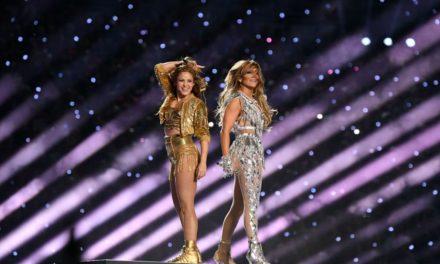
I remember that shop…that sound…the culture so vividly while a student at Howard University.
That shop was a telephone and communications vendor on the corner of Georgia and Florida Ave NW, on a strip otherwise known as Chuck Brown Way. You see, Chuck Brown was, in part, responsible for that sound—The Godfather is what they called him. It was commonplace to walk past that shop and hear the music blasting. There were speakers outside the shop, folks from the community posted up—sometimes just chilling, other times dancing to that sound.
That sound was Go-Go music—a mix of drums, bells, guitar, and I’m sure much more. It was like funk meets R&B meets soul meets house music…Some tracks were original, others were covers—either way, that sound was contagious.
The culture was this sense of unapologetic pride—in the city, in the sound, in blackness. DC was “Chocolate City,” then. Sure, the name was derived from its high population of Black residents, but it meant more than that. DC represented a cultural and entrepreneurial hub—for us by us. It’s different today [because gentrification].
This week, the shop, sound and culture are in the news after #DontMuteDC protests and petitions surfaced in response to the music and shop being silenced due to noise complaints made by new residents of a nearby condo. See video via DC local news station, WUSA 9, below.
I was challenged by this. I felt sad and angry. Even as someone who is not a DC native, I interpret this situation as yet another way systems of power determine who matters over others—what aspects of culture are more palpable than others, and who’s comfort and well-being should be prioritized over others.
I interpret this situation as yet another way systems of power determine who matters over others—what aspects of culture are more palpable than others. Click To TweetIn further reading on gentrification in DC, I learned of two terms: “black branding” and “living the wire.”
Both are explored by American University professor Derek S. Hyra in his new book, “Race, Class, and Politics in the Cappuccino City.”
In an excerpt from the Washington Post,“black branding” is described as the ways in which..
“…Developers and other mostly white business interests actively promoted [DC’s] historic black identity as a marketing strategy to attract white renters and buyers. Their success helped tip the neighborhood’s demographics from 70 percent black in 1970 to 30 percent in 2010….
“Not long ago, an urban community’s association with blackness was mostly perceived as detrimental,” the book says. “But nowadays … neighborhood-based organizations, real estate developers, restaurant owners and urban planners commodify and appropriate aspects of blackness to promote tourism, homeownership, and community redevelopment.”
… Hyra dubs a related trend as “living the wire” where whites in their 20s and 30s seek the titillation of living in a community with a hint of the urban grit of the Baltimore ghetto portrayed in the TV series “The Wire.”
He also faults the practice as a new form of urban slumming.
“Living the wire refers to newcomers’ preferences for moving into an inner-city neighborhood because it has been branded as hip or cool, which, to a certain extent, is associated with danger, excitement, poverty and blackness: iconic ghetto stereotypes,” the book says.” (McCartney, 2017)
Why is this a problem? The practice of “black branding” and “living the wire” subjugates black people as disposable, up for consumption—allowing those in power and with resources to “cherry-pick” aspects of the culture, and embed themselves within these spaces…up until they’re inconvenienced—or the music gets too loud.
On the surface, some might be inclined to dismiss #DontMuteDC as a minor neighborhood quarrel that could’ve easily been resolved if “they just turned the music down” and “showed respect to their neighbors.” It’s more than that, though. The protests, petitions, social media posts, and resistance are an affirmation of the culture—a culture that should not be silenced #DontMuteDC.
The protests, petitions, social media posts, and resistance are an affirmation of the culture—a culture that should not be silenced #DontMuteDC Click To Tweet

















